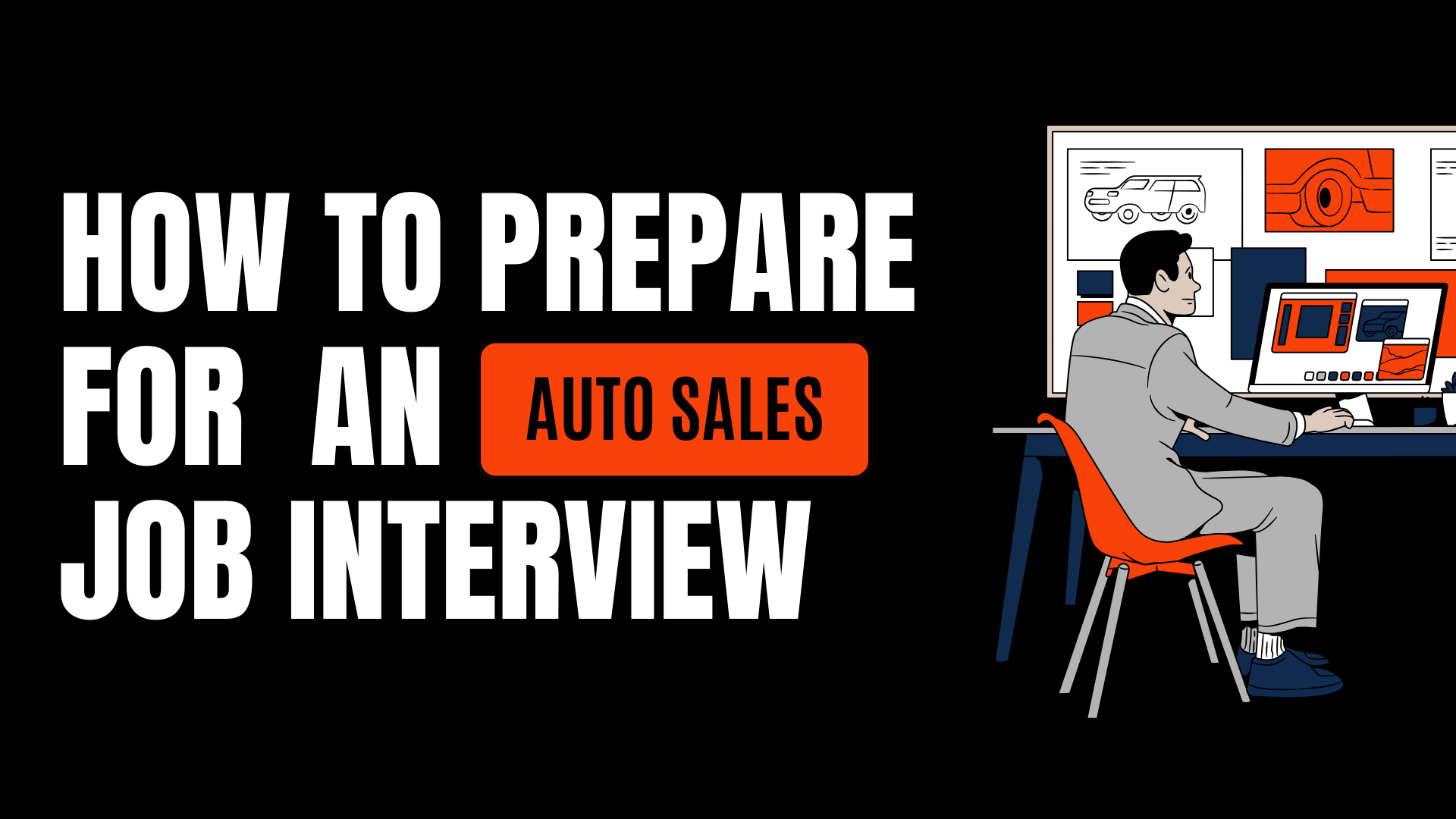
During an auto sales job interview, your goal is not only to secure the position but also to determine whether the company and role are a good fit for you. Take time to learn about the dealership, its work environment, and the specific position being offered. Ask about working hours, benefits, commission structure, and career advancement opportunities. This will help you make an informed decision about the role.
Interviewers want candidates who can provide excellent customer service, demonstrate strong sales skills, and create positive customer experiences. While prior auto sales experience can be an advantage, it is not always required. A positive attitude, a willingness to learn, and the ability to connect with customers can make you stand out.
You can expect questions about your work history, skills, and your motivation for pursuing a career in auto sales. Prepare to discuss:
If you have previous sales experience, be ready to talk about your long-term goals and what drives you in your career.
Tip: Keep your responses steady, clear, and confident. Express enthusiasm for the opportunity and emphasize skills that demonstrate your value to the dealership.
Research the position and the auto sales sector before the interview. Learn about:
Pro Tip: Tailor your answers to align with what you’ve learned about the dealership. This shows preparation and genuine interest.
Tip: Highlight transferable skills from other jobs, especially those involving customer service.
Even if you are new to auto sales, having a basic understanding of vehicles is crucial. Learn about:
Pro Tip: Visit a dealership or explore manufacturer websites to familiarize yourself with current models.
You may be asked to “sell” a car during the interview. Focus on a cost-benefit analysis rather than listing features. Emphasize comfort, safety, efficiency, or technology based on what customers value most.
Pro Tip: Practice your pitch in front of a mirror or with a friend. Keep it natural, concise, and engaging.
Auto sales is about more than selling cars. It is about building relationships. Be ready to share examples of:
Pro Tip: If you lack direct auto sales experience, use examples from retail or service roles where you interacted with customers.
When given the chance at the end of the interview, ask thoughtful questions that show your interest in growth and development. For example:
Pro Tip: Avoid focusing only on salary and benefits. Asking about performance expectations and career advancement demonstrates ambition and professionalism.
Even if the dealership has a casual dress code, wear formal business attire for your interview. This shows respect and seriousness. Suitable options include:
Pro Tip: When in doubt, it is always better to be slightly overdressed than underdressed.
Send a thank-you email within one to two days after the interview. Express appreciation for the opportunity, highlight something specific you enjoyed discussing, and restate why you are a strong candidate.
Pro Tip: Keep your message short and personal. A simple, thoughtful thank-you note is more effective than a long formal letter.
Preparation is the foundation of success in an auto sales job interview. By demonstrating enthusiasm, industry knowledge, and a customer-focused mindset, you can stand out among other candidates. Continue practicing your skills, stay informed, and approach the interview with confidence. Good luck!
Research the dealership, study automotive products, practice your sales pitch, and emphasize your customer service skills.
Focus on the value to the customer, not just the features. Relating the car’s benefits to customer needs is key.
Use examples from other jobs in retail or service where you resolved issues and helped customers feel valued.
Yes. Ask about customer service standards, training opportunities, and team dynamics to show you are invested in long-term success.
Formal business attire such as a dress shirt and suit, or a professional pantsuit.
Yes. Send a short thank-you email within 24–48 hours to express appreciation and reinforce your interest.